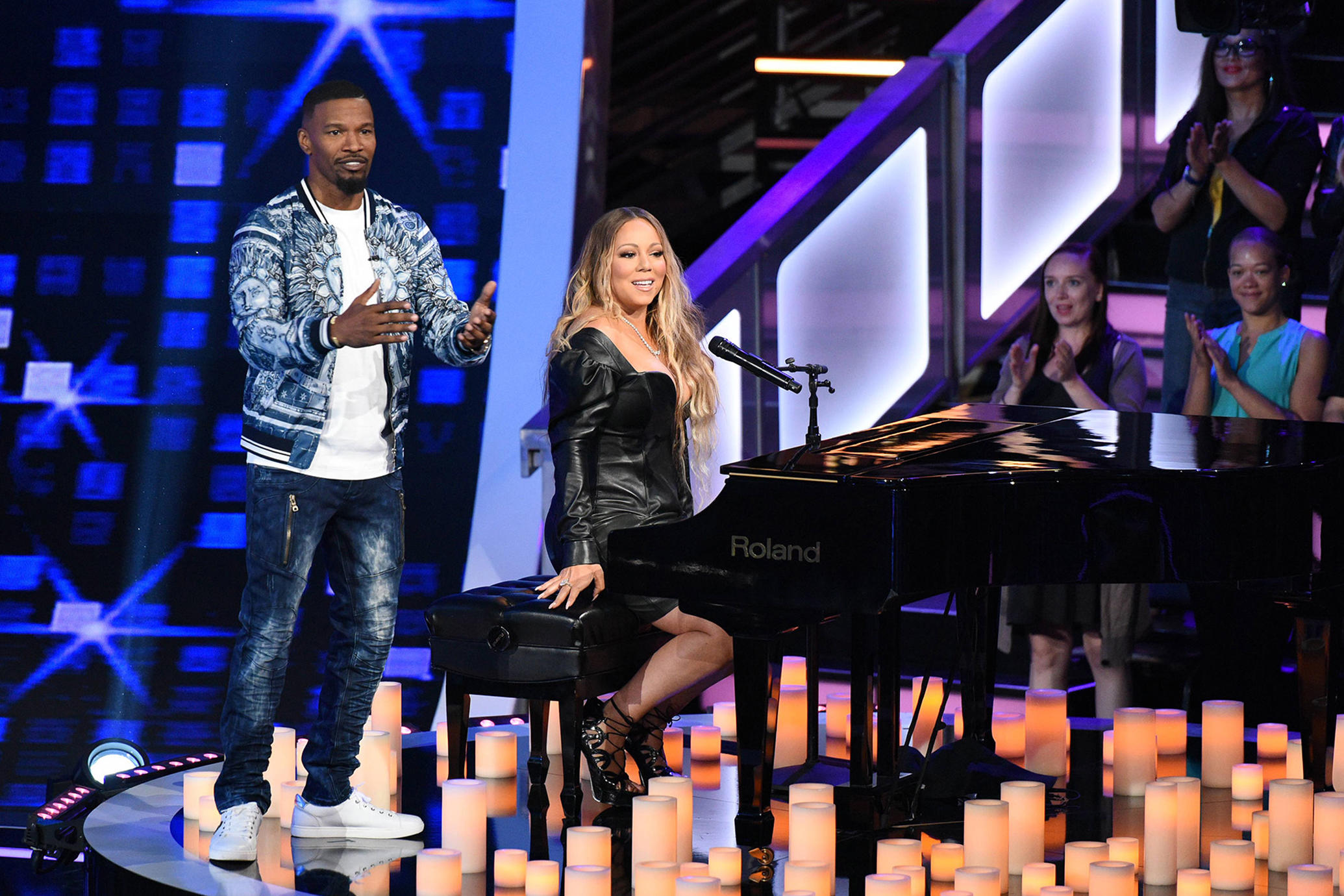Recently, a number of television shows have found popularity by adhering to a formula that revolves around featuring celebrities, mainstream music and some version of a competition. This new wave of television content, which derives much of its appeal from its already-established celebrities and its recycled gameshow ideas, has been a big hit for audiences.
And, given how successful the model has been, why would the gameshow industry fix what isn’t broken? Enter, “Beat Shazam,” which aired on Fox on May 29.
On “Beat Shazam,” big name celebrities, who are paired in teams of two, race against the clock to identify hit songs by a line of their lyrics in an effort to beat Shazam, a computer using the same technology popularized by the song-identifying app.
Emceed by Jamie Foxx, the show routinely hosts the biggest celebrities in America as contestants, including Ryan Seacrest, Odell Beckham Jr. and Mariah Carey

As a result, the show just uses the celebrities, with whom audiences are already intimately familiar, to participate in a style of game that audiences have seen a number of times before. In the end, viewers simply find themselves in a comfortable cycle of recycled content.
In recent years, scores of television gameshows have clung to this dynamic. Indeed, though “Beat Shazam” is technically a new series, it follows in the exact footsteps of countless programs before it. Why? Because the format reaches audiences and it’s easier to reuse than create.
Currently there are several television shows with the exact same style as “Beat Shazam.” For instance, programs such as “Drop the Mic” and “Lip Sync Battle” are both hubs for prominent celebrities to have yet another platform.
“Lip Sync Battle,” for one, a popular show featuring your favorite celebrities mouthing along to songs you’ve heard far too many times, mirrors “Beat Shazam” in a handful of incredibly obvious ways. By employing this copycat concept, “Lip Sync Battle” shows a somewhat blatant disregard for originality.
“Don’t Forget the Lyrics” is yet another show that goes for simple-minded entertainment, much like its title. The show, which ended in 2009, had contestants pick a hit song that they must then fill in a blank to finish the lyric. Really mind-blowing content.
“Beat Shazam,” now coming at audiences almost 10 years later, seems to show that things don’t need to be original anymore.
This is great news for television executives because it’s easier than being original. Scraping together the top celebrities — all the ones who’ve already established a respected career — means you have an inherent, built-in audience. It’s all there, so there’s no need to start from scratch.
Next, you just need to put those celebrities up against one another to compete in games that revolve around already popular content — in this particular case, popular music. This dynamic avoids any type of resemblance to the word “original.”
Audiences can’t seem to get away from all this regurgitated content. These television execs, however, don’t really mind it so long as it keeps a steady cash flow. What’s the point if the show technically already exists with just a slightly different angle?
From a cultural standpoint, it looks as though the creation and breeding of anything considered culture-defining in American television is temporarily halted. There’s no originality, few new ideas and, for some reason, that’s okay.
Culture in American television can essentially be boiled down to this: In 2018, everyone is drowning in a sea of content. Everything popular surrounds us 24/7 through outlets like television, Twitter, Facebook etc. The audience is completely built-in because the audience itself simply cannot get away from the content.
Instead of creating something new and different in the midst of this content saturation, the industry is actually flying into the storm to give that audience more of the same. The content is regurgitated and merely brought about in different forms.

Gameshows are coming toward America with the same trends, and it’s because it’s really easy to do. It’s the best and easiest way to make money, so why not sell out? Now, that’s culture.
If everybody is surrounded by the same recycled content, how could a show that features that content ever fail? Like it or not, these types of shows exist because people will always tune in. After all, people always tend to lean toward familiarity and comfort.
Now, obviously “Beat Shazam” is a popular show for a reason. It was a hit in 2017, which led to it picking up a second season and reeling in a large, primetime audience. It’s the same content that our culture is surrounded by, but that’s not to say it’s bad content. In fact, that’s the reason the show works. People like it.
In the gameshow industry, creativity seems to be absent. Audiences everywhere, whether aware of this or not, still seem to be tuning in regardless. This leads just about everyone to believe that the trend of this endless cycle truly is endless. Instead of creating more, it’s all about more of the same. It’s been a trend in the gameshow industry for years, and, with continuous success, there’s no reason to believe that it’s changing anytime soon.

















